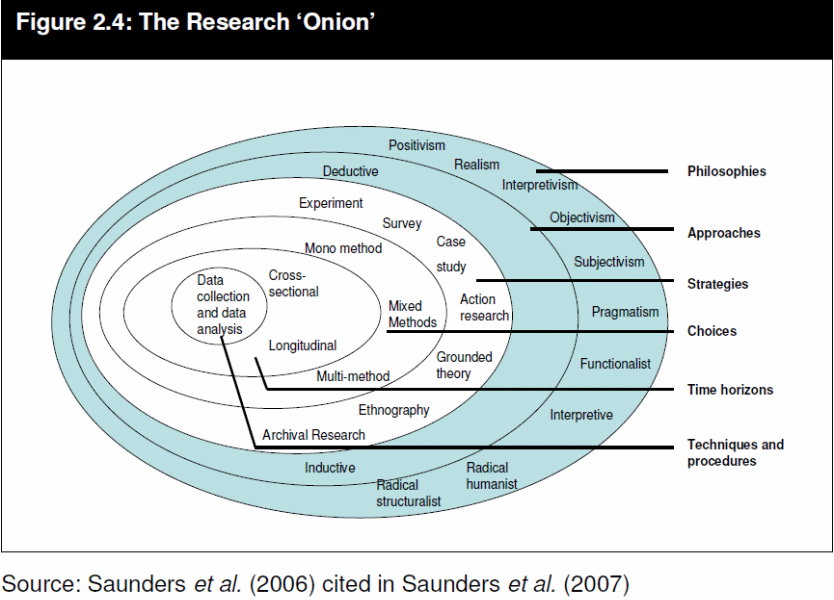Introduction
When companies embark on green or sustainable logistics, their main focus is to try and mitigate any undesirable effects that are associated with moving goods from one destination to another. All this is done in an effort to create a sustainable environment for the wellbeing of future generations, because of the negative effects of environmental degradation. For sustainability purposes, any unnecessary freight movements are eliminated and logistical aids like packages are always reduced and redesigned to have a more positive effect to the environment (Massawe, 2012, p. 261).
Greenness is the new word used in the logistics industry, as it is the present code for many environmental concerns. It is necessary to note that logistics is the core of the modern transport industry, it is done by organising, and controlling freight movement, as this is the only way of eliminating any related environmental hazards (Mathez 2009, p. 63).
Research Objective
This paper seeks to establish the green strategies that firms use in ensuring that the environment is well maintained through reduced emissions. The paper will focus on specific improvements in the firms’ supply chain with the effects on green logistics.
Research Methods
Research methods are significant in the study of any market. In order to understand the UK market, this study will utilise the deductive approach that will begin with the observations made in the UK market concerning entrepreneurship issues. The researcher would formulate the hypothesis of the study and then observe the patterns that will then be analysed to fulfill the hypothesis that confirms the economic theory (Saunders, Lewis & Thornhill 2007, p. 125). This approach is different from the inductive approach that begins with the observation then formulation of hypothesis and thereafter statement of the theory (Kathleen 2008, p. 124).
The top down approach of deductive reasoning could be combined with the mixed research methods that involve utilisation of both quantitative and qualitative methods. Quantitative research methods utilise statistical data with the collected data being analysed quantitatively (Hadley Centre, 2003). On the contrary, qualitative method will utilise qualitative data that will help the researcher understand the issues affecting entrepreneurship in the UK (Saunders, Lewis & Thornhill 2007, p. 125). The combination of these methods will provide reliable findings.

Data for this study will be collected from qualitative methods. Qualitative methods try to establish the reasons behind social behavior therefore; it is the most appropriate method for this study. Primary data will be obtained from firms that apply green logistics in the UK and their impacts on the environment. They will be required to answer questions from a questionnaire (Hans, 2002, p. 21). A considerable sample size will be chosen equally from each gender across the UK.
The questionnaires will be aimed at seeking information regarding how the firms apply green logistics, the initial problems, how they overcame the problems and the current state of the environment regarding the allocation of green logistics. Moreover, the study will seek to establish the challenges and the measures being implemented to mitigate the issues (Saunders, Lewis & Thornhill 2007, p. 128).
Secondary data will be obtained from trusted printed sources. This will include articles from academic journals, texts and websites of different organisations within the Middle East among other publications. The raw data will then be processed by the assistance of statistical tools such as SPSS. This will help to give out information in an output that is easy to understand and user friendly. Moreover, this research will be conducted in a manner that will ensure adherence to ethical and quality guidelines. Findings from the research will therefore be presented without any form of vagueness and unjustified conclusions (Saunders, Lewis & Thornhill 2007, p. 130).
List of References
Hadley Centre 2003, Climate change observations and predictions: Recent research on climate change science from the Hadley Centre, U.K. Met Office’s Hadley Centre, London.
Hans, B 2002, Climate Change, Environmental Stress and Conflict. Web.
Kathleen, S 2008, Extreme Weather: Science tackles global warming and climate change, National Geographic Publishers Group, London.
Massawe, A 2012, ‘Global warming control to mitigate climate change’, Engineering, vol. 4, no. 5, pp. 252-255. Web.
Mathez, E 2009, Climate Change: The science of global warming and our energy future, Columbia University Press, New York.
Saunders, M, Lewis, P & Thornhill, A 2007, Research methods for business studies, 4 ed., Pearson Education, Boston.